The Ultimate Guide to Deer Hunting
Hunting has been an integral part of human culture since the dawn of time, providing sustenance, managing wildlife populations, and forming the basis of many sporting traditions around the world. Among the many types of game hunting, deer hunting stands out for its widespread popularity and the unique challenges it presents. This guide aims to serve as a comprehensive introduction for beginners, offer advanced tips for experienced hunters, and emphasize the importance of ethical practices in the field.
Understanding Deer Behavior
Types of Deer: North America is home to several deer species, including the white-tailed deer, mule deer, and black-tailed deer. Each species has its own preferred habitat and behavior, influencing hunting strategies.
Habitat: Deer are adaptable creatures, thriving in a variety of environments from dense forests to open prairies. Knowing the terrain and how deer use it for feeding, bedding, and escaping predators is crucial for setting up a successful hunt.
Behavioral Patterns: Seasonal changes greatly affect deer behavior. Rutting season, for example, sees bucks more active and less cautious as they search for mates, providing opportunities for hunters. Understanding these patterns is key to timing your hunt.
Preparing for the Hunt
Equipment Essentials: Proper gear is critical. This includes selecting the right firearm or bow, wearing appropriate camouflage, and ensuring you have necessary safety equipment like a blaze orange vest and first aid kit.
Scouting and Tracking: Learning to read signs of deer activity such as tracks, droppings, and bedding areas can lead you to prime hunting spots. Modern technology like trail cameras can also aid in scouting.
Legal Requirements: Familiarize yourself with local hunting laws, including obtaining the necessary licenses and permits, and understanding the legal hunting seasons for deer in your area.
Hunting Techniques
Spot and Stalk: This active hunting method involves locating deer from a distance and stealthily moving closer for a clear shot. It requires patience, stealth, and a keen eye.
Stand Hunting: Many hunters prefer using tree stands or ground blinds, positioning themselves in high traffic areas to wait for deer to come within range.
Still Hunting: A slow, methodical approach that involves moving quietly through deer habitats, pausing frequently to watch and listen for deer.
Ethical Hunting Practices
Respect for Wildlife: Ethical hunting practices are designed to ensure sustainable deer populations. This includes following bag limits and respecting closed seasons.
Fair Chase: The principle of fair chase emphasizes the importance of giving the animal a fair chance to evade the hunter, prohibiting practices like baiting or the use of dogs for deer hunting in certain areas.
Utilization: Ethical hunters utilize as much of the deer as possible, wasting little and ensuring that the animal’s life sustains others.
Processing and Cooking Deer
Field Dressing: The first step after a successful hunt is properly field dressing the deer, which involves removing the internal organs to prevent spoilage.
Butchering: Whether you process the deer yourself or take it to a professional, understanding the basics of butchering can help you make the most of your harvest.
Recipes: Deer meat, or venison, is lean and rich in flavor. It can be prepared in numerous ways, from simple grilled steaks to elaborate stews.
Safety and Survival Skills
Personal Safety: Always prioritize safety, including handling firearms responsibly, wearing safety gear, and being prepared for emergencies.
Survival Skills: Basic survival skills, such as navigation, shelter building, and water procurement, are essential for any hunter venturing into the wilderness.
Conclusion
Deer hunting is a rewarding activity that connects us with nature, provides challenging sport, and contributes to conservation efforts. By understanding deer behavior, preparing properly, and adhering to ethical and legal standards, hunters can enjoy the rich traditions of deer hunting while ensuring the sustainability of deer populations for future generations.
Call to Action
Whether you’re a seasoned hunter or new to the sport, there’s always more to learn about deer hunting. Subscribe to our newsletter for more tips, stories, and updates on hunting workshops and seminars. Happy hunting, and remember to always respect the wild and practice safe, ethical hunting.
Hunting has been an integral part of human culture since the dawn of time, providing sustenance, managing wildlife populations, and forming the basis of many sporting traditions around the world. Among the many types of game hunting, deer hunting stands out for its widespread popularity and the unique challenges it presents. This guide aims to serve as a comprehensive introduction for beginners, offer advanced tips for experienced hunters, and emphasize the importance of ethical practices in the field.
Understanding Deer Behavior
Types of Deer: North America is home to several deer species, including the white-tailed deer, mule deer, and black-tailed deer. Each species has its own preferred habitat and behavior, influencing hunting strategies.
Habitat: Deer are adaptable creatures, thriving in a variety of environments from dense forests to open prairies. Knowing the terrain and how deer use it for feeding, bedding, and escaping predators is crucial for setting up a successful hunt.
Behavioral Patterns: Seasonal changes greatly affect deer behavior. Rutting season, for example, sees bucks more active and less cautious as they search for mates, providing opportunities for hunters. Understanding these patterns is key to timing your hunt.
Preparing for the Hunt
Equipment Essentials: Proper gear is critical. This includes selecting the right firearm or bow, wearing appropriate camouflage, and ensuring you have necessary safety equipment like a blaze orange vest and first aid kit.
Scouting and Tracking: Learning to read signs of deer activity such as tracks, droppings, and bedding areas can lead you to prime hunting spots. Modern technology like trail cameras can also aid in scouting.
Legal Requirements: Familiarize yourself with local hunting laws, including obtaining the necessary licenses and permits, and understanding the legal hunting seasons for deer in your area.
Hunting Techniques
Spot and Stalk: This active hunting method involves locating deer from a distance and stealthily moving closer for a clear shot. It requires patience, stealth, and a keen eye.
Stand Hunting: Many hunters prefer using tree stands or ground blinds, positioning themselves in high traffic areas to wait for deer to come within range.
Still Hunting: A slow, methodical approach that involves moving quietly through deer habitats, pausing frequently to watch and listen for deer.
Ethical Hunting Practices
Respect for Wildlife: Ethical hunting practices are designed to ensure sustainable deer populations. This includes following bag limits and respecting closed seasons.
Fair Chase: The principle of fair chase emphasizes the importance of giving the animal a fair chance to evade the hunter, prohibiting practices like baiting or the use of dogs for deer hunting in certain areas.
Utilization: Ethical hunters utilize as much of the deer as possible, wasting little and ensuring that the animal’s life sustains others.
Processing and Cooking Deer
Field Dressing: The first step after a successful hunt is properly field dressing the deer, which involves removing the internal organs to prevent spoilage.
Butchering: Whether you process the deer yourself or take it to a professional, understanding the basics of butchering can help you make the most of your harvest.
Recipes: Deer meat, or venison, is lean and rich in flavor. It can be prepared in numerous ways, from simple grilled steaks to elaborate stews.
Safety and Survival Skills
Personal Safety: Always prioritize safety, including handling firearms responsibly, wearing safety gear, and being prepared for emergencies.
Survival Skills: Basic survival skills, such as navigation, shelter building, and water procurement, are essential for any hunter venturing into the wilderness.
Conclusion
Deer hunting is a rewarding activity that connects us with nature, provides challenging sport, and contributes to conservation efforts. By understanding deer behavior, preparing properly, and adhering to ethical and legal standards, hunters can enjoy the rich traditions of deer hunting while ensuring the sustainability of deer populations for future generations.
Call to Action
Whether you’re a seasoned hunter or new to the sport, there’s always more to learn about deer hunting. Subscribe to our newsletter for more tips, stories, and updates on hunting workshops and seminars. Happy hunting, and remember to always respect the wild and practice safe, ethical hunting.







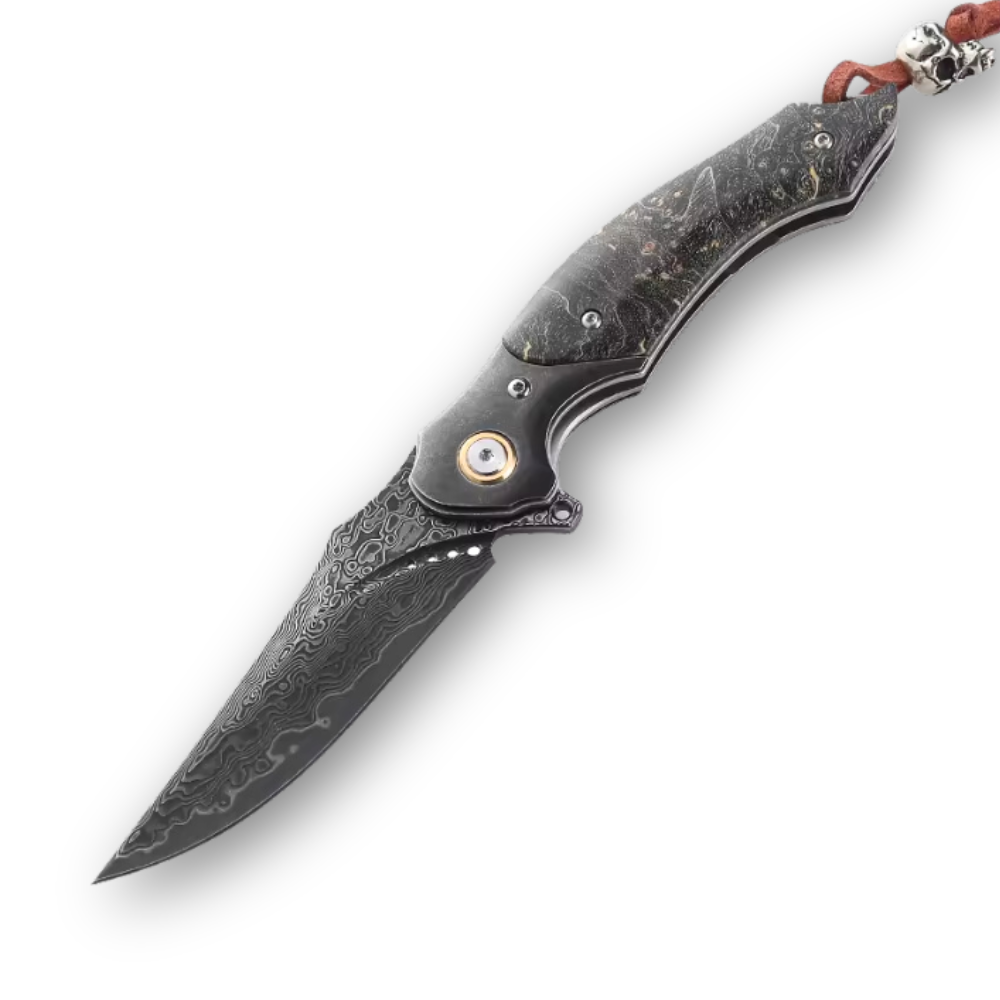
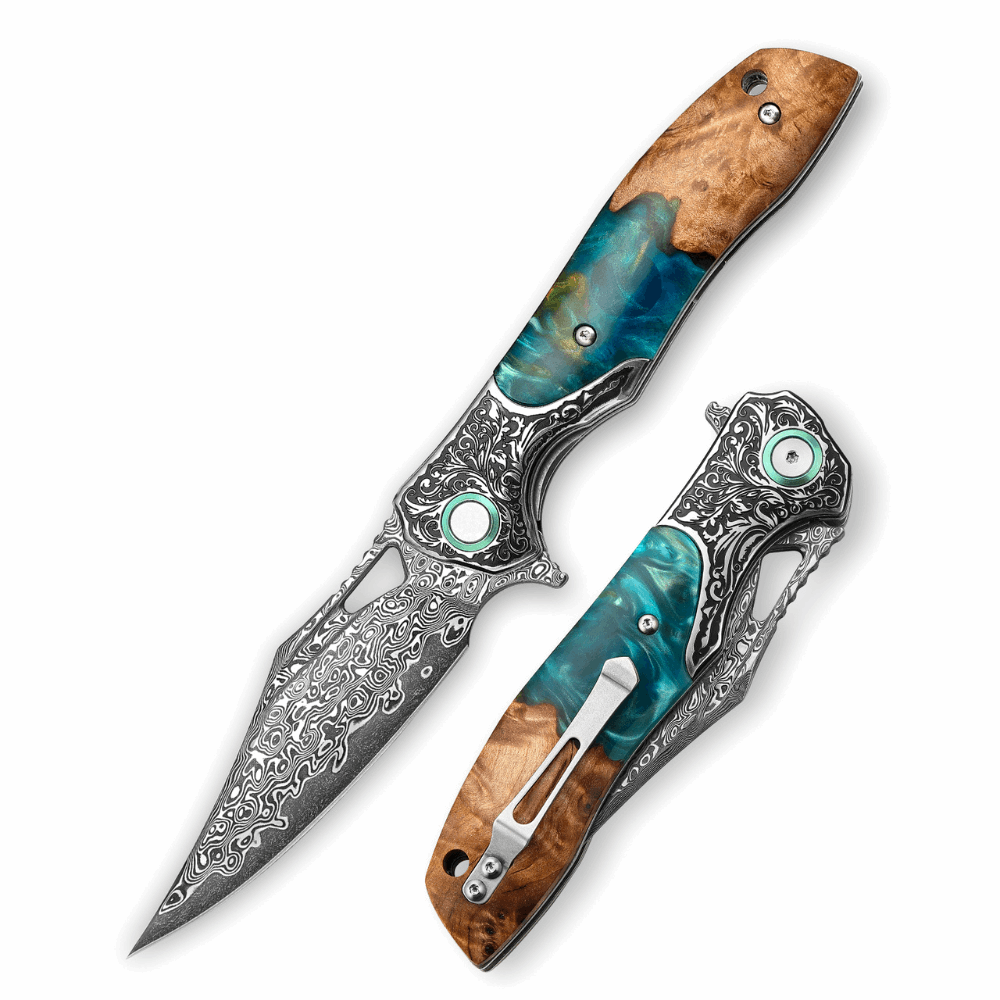
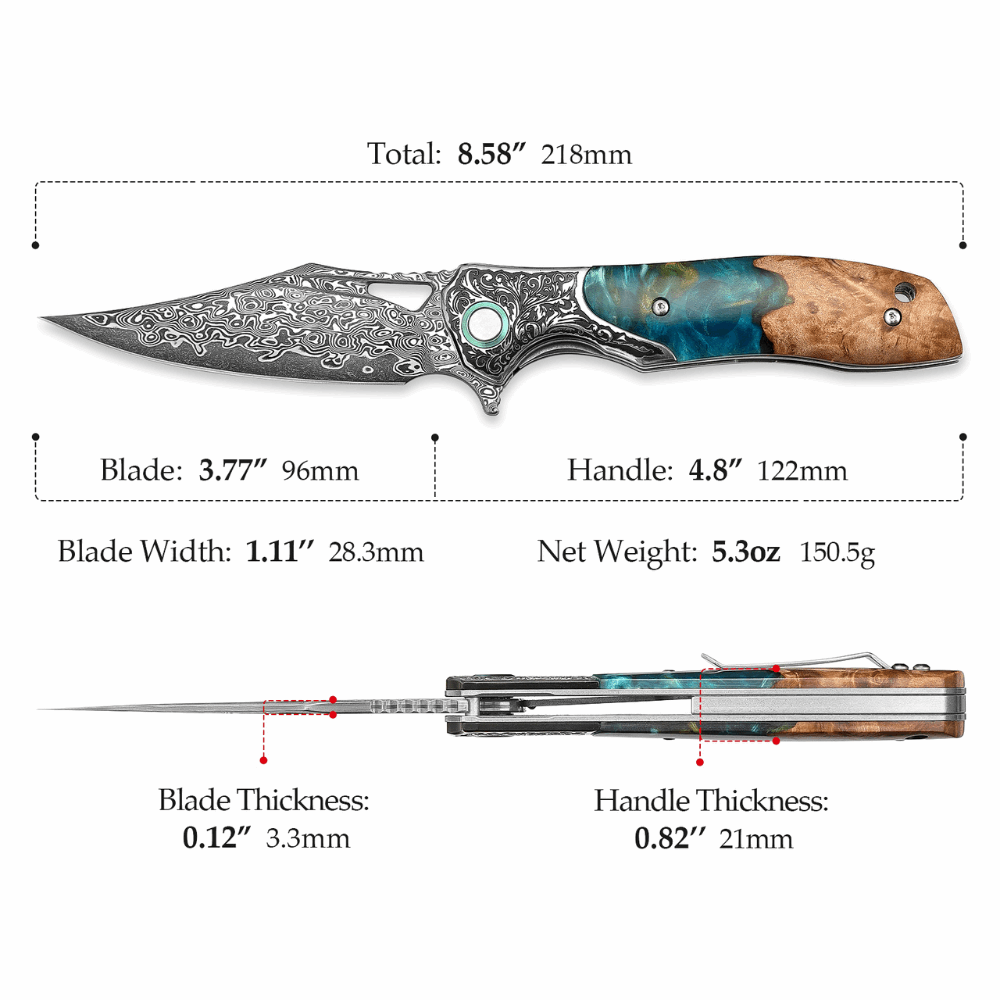
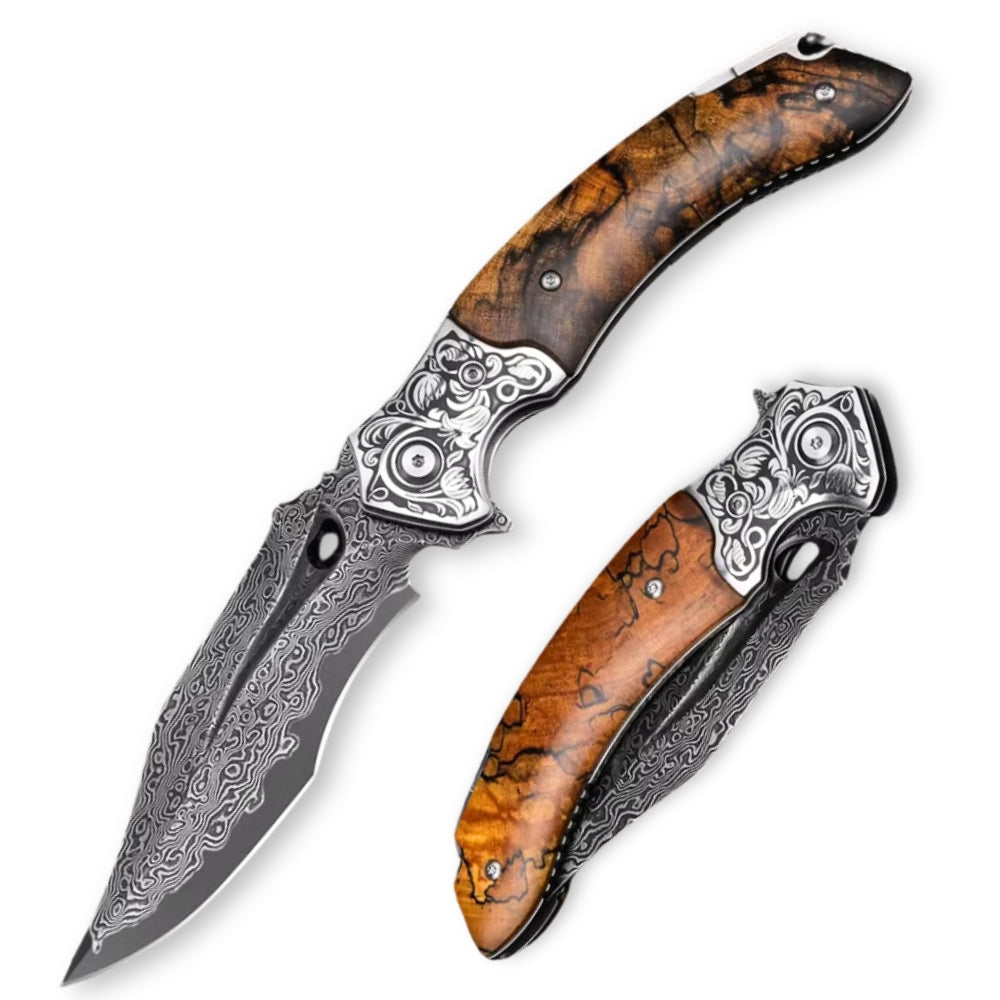
















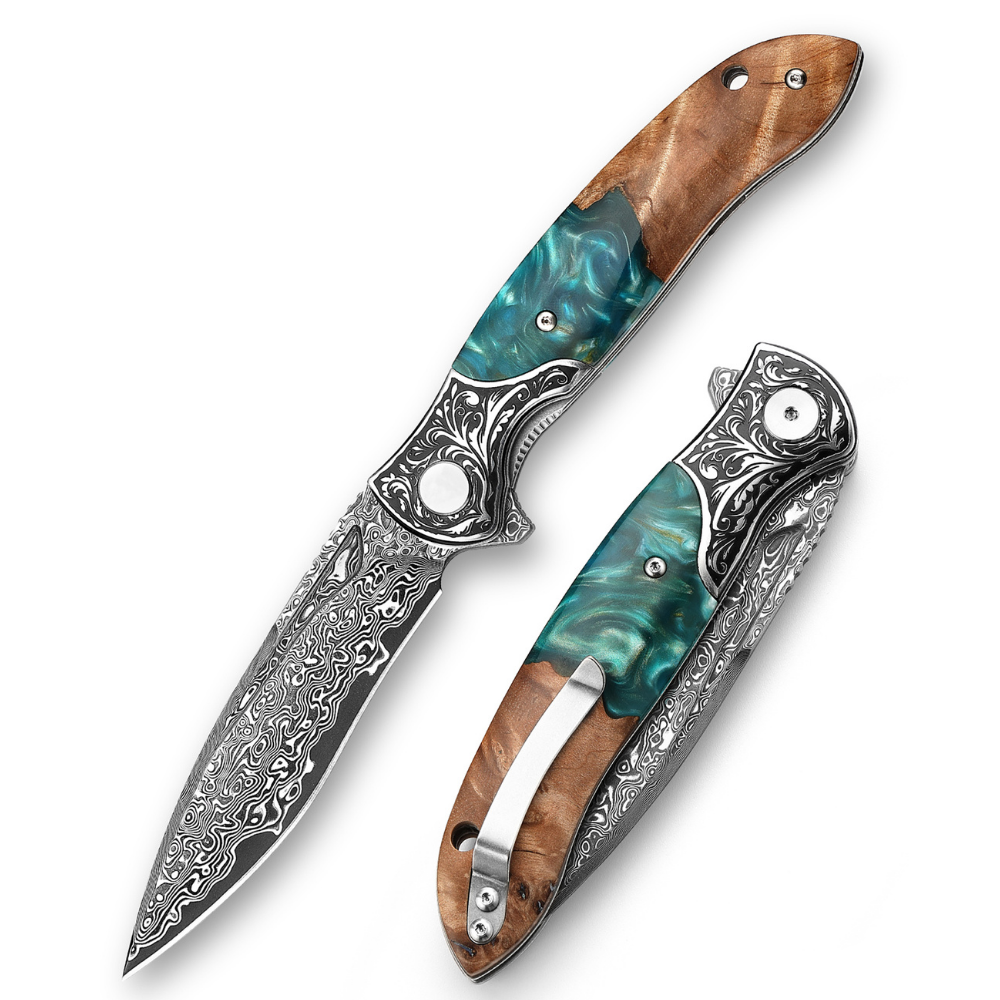

Leave a comment